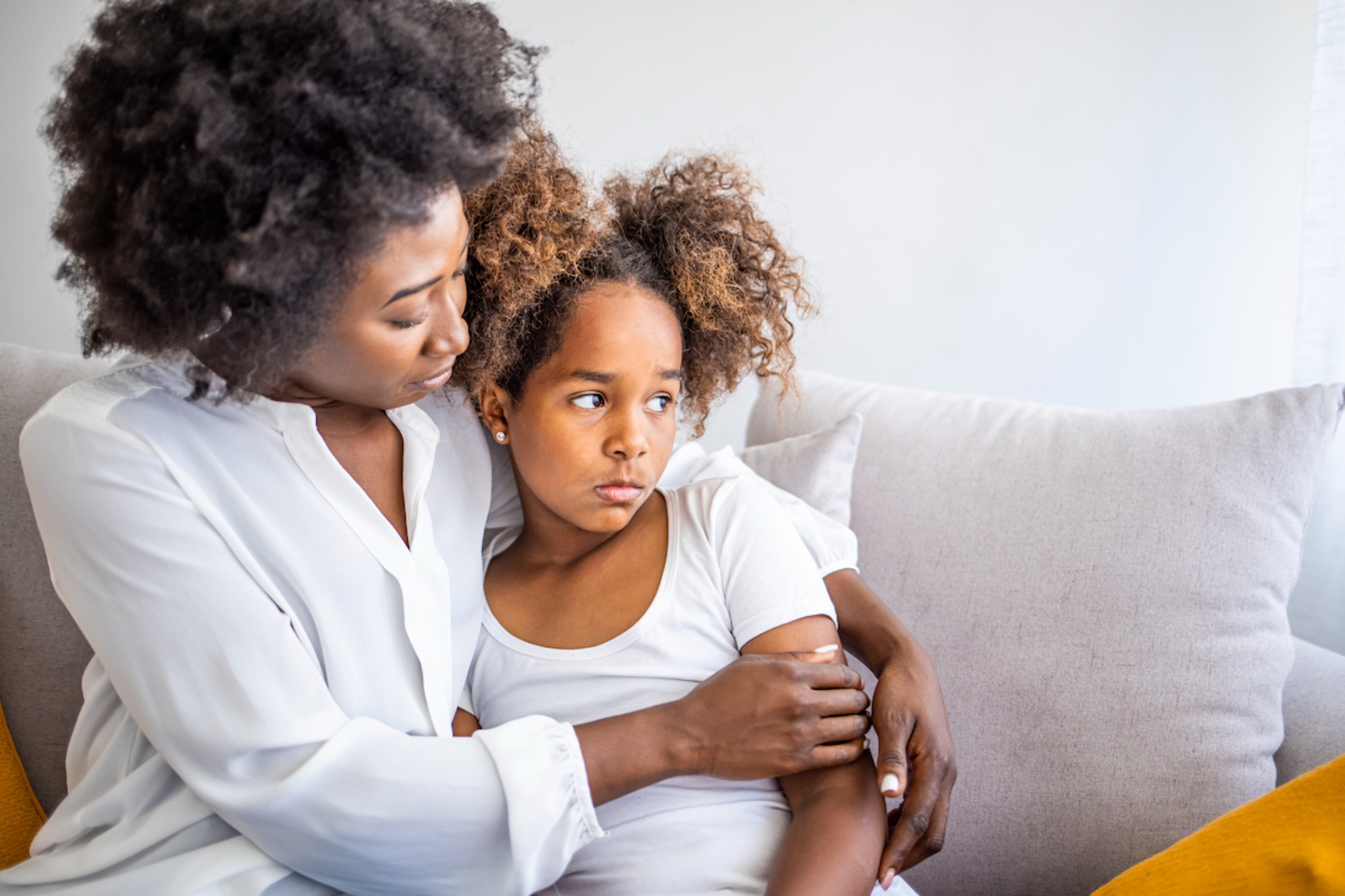A study co-authored by Sonali Rajan, Associate Professor of Health Education and led by Jonathan Jay, an Assistant Professor with the Boston University School of Public Health and Rachel Martin at Boston University’s RISE Lab – shows Black children have been disproportionately exposed to firearm violence in their communities and that this exposure only increased following the onset of the COVID-19 pandemic.
Analyzing U.S. Census tracts and the 2015-21 Gun Violence Archive, this team of researchers concluded that Black children prior to the pandemic encountered shooting violence at a rate 4.44 times higher than peers residing in non-Hispanic, white communities.
Further study determined the risk of a Black child being exposed to violence was 1.12 times greater after COVID upended lives worldwide.
“These findings highlight the importance of firearm violence exposure as a source of racial inequity starting in childhood, the importance of surveillance to track child exposure to firearm violence, and the need for substantial investments in specific policies and programs that prevent violence and mitigate the consequences of exposure to firearm violence,” the authors write.

(Photo: TC Archives)
Rajan says the paper illustrates the place racism occupies at the intersection of two public health crises – gun violence and COVID-19.
“We see in this study how Black children, in particular, are being disproportionately impacted by gun violence,” said Rajan, a leading scholar-advocate on firearm cause and prevention.
“Then we lay on top of that how many of these same children have also been disproportionately impacted by COVID-19. It is heart-wrenching.”
“Racial Disparities in Child Exposure to Firearm Violence Before and During COVID-19” was published in the August 2022 issue of the American Journal of Preventive Medicine.
Rajan said increases in pandemic era firearm violence were not unexpected given a reported substantial uptick in gun sales that paralleled widespread loss of life, economic uncertainty and political upheaval.
We see in this study how Black children, in particular, are being disproportionately impacted by gun violence. Then we lay on top of that how many of these same children have also been disproportionately impacted by COVID-19. It is heart-wrenching.
But the paper presents “stark” evidence of the disproportionate and extenuating impact visited upon children of color by a virus that killed or sickened an estimated quarter of a million Black parents.
The findings dovetail with the work of the Scientific Union for the Reduction of Gun Violence (SURGE), a Columbia University-wide collaboration that is generating new science to effectively address firearm violence in communities across the U.S. and via a multilayered approach that utilizes effective policies, community and school investments, and evidence-informed interventions.
“The paper highlights the urgency with which we should be tackling the issue of gun violence,” says Rajan, a co-founder of SURGE. “[This research] shows more than ever the need for solutions that contribute to the collective well-being of children across the nation in a meaningful way.”
